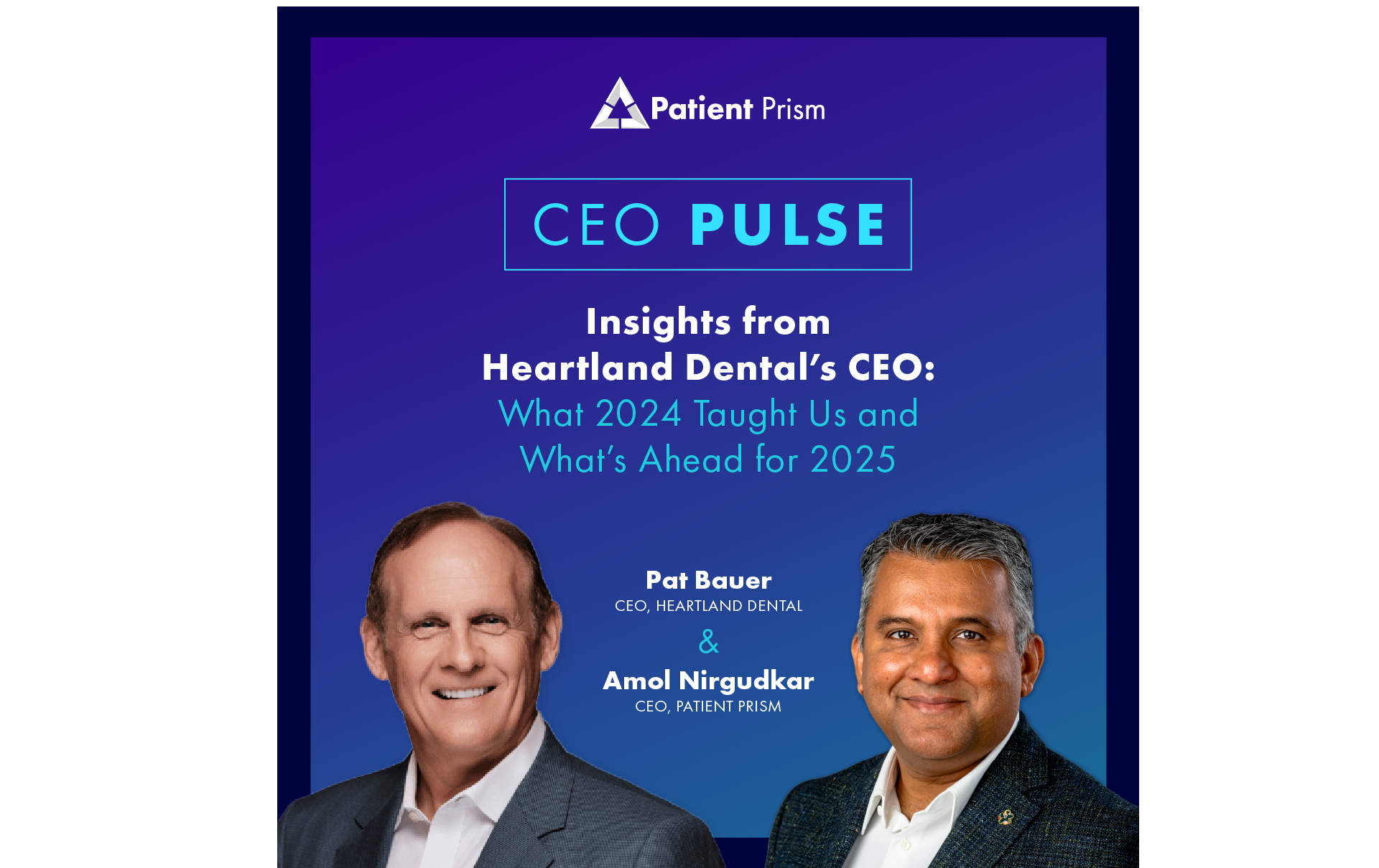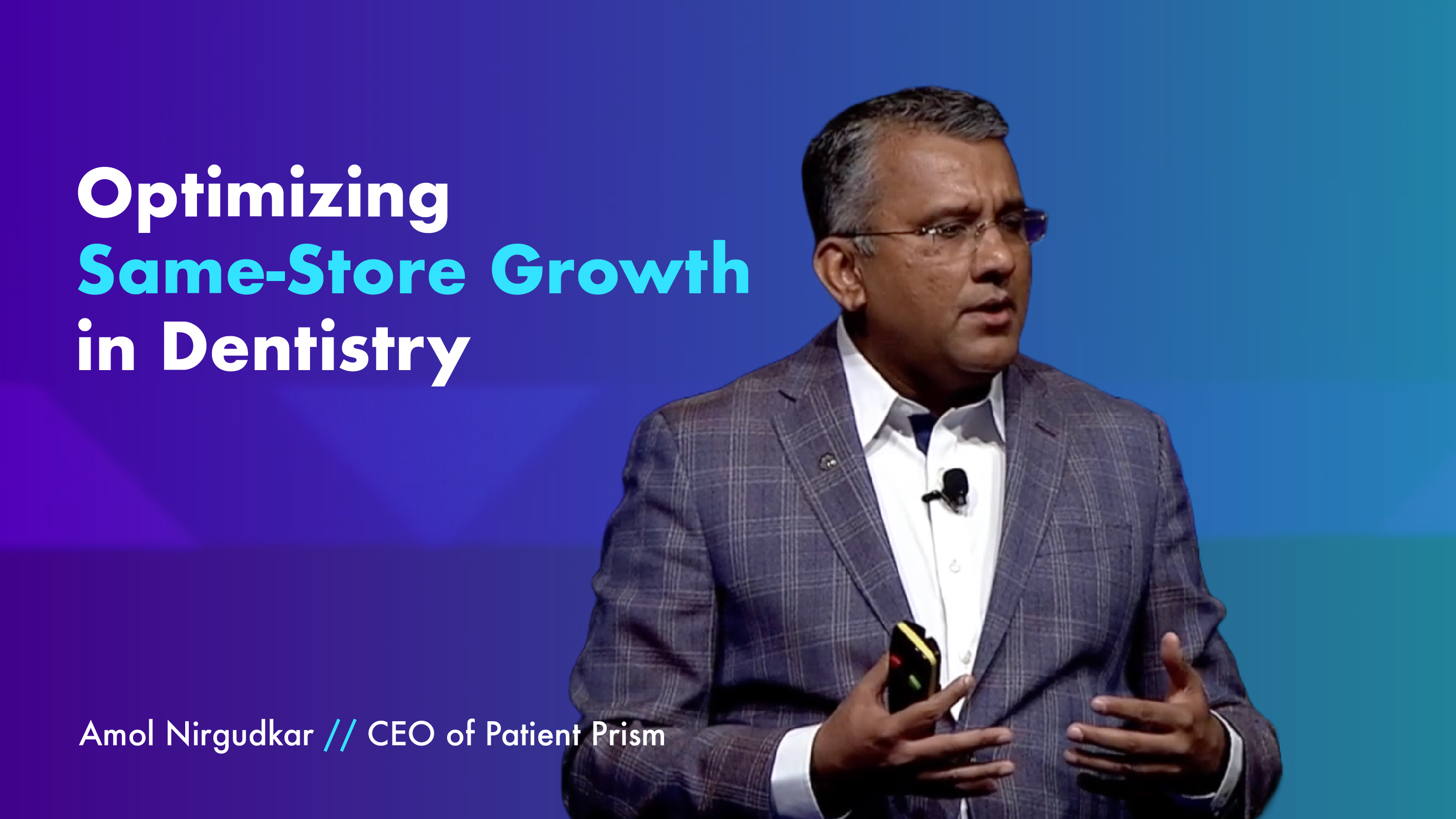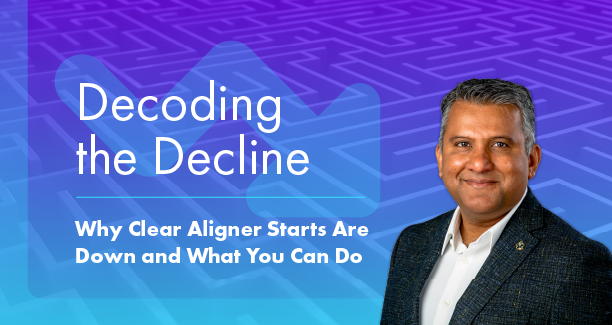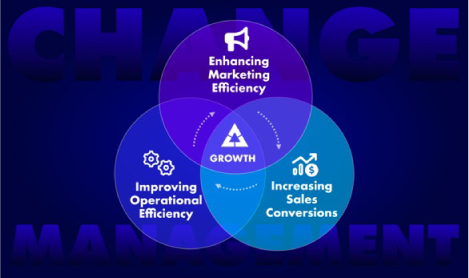Mental health and emotional well-being are crucial aspects of overall health, particularly in OB-GYN care. Patients often face significant emotional challenges related to pregnancy, childbirth, and gynecological issues. Conversational AI can provide valuable support in these areas by offering accessible, personalized, and continuous mental health care, thereby enhancing patient satisfaction and outcomes. Providing Emotional Support
Empathetic Interactions
AI chatbots can provide emotional support by engaging with patients in a compassionate and empathetic manner. These chatbots are designed to simulate human-like conversations, making it easier for patients to open up about their feelings and concerns. For instance, mental health chatbots like Woebot and Wysa use cognitive-behavioral therapy (CBT) techniques to help users manage their mental health by offering coping strategies and emotional support.Reducing Stigma
Research shows that some people prefer interacting with chatbots rather than human therapists because it reduces the stigma associated with seeking mental health support. This can be particularly beneficial for patients who may feel uncomfortable discussing their mental health issues face-to-face. By providing a non-judgmental space, AI chatbots encourage patients to seek help and express their emotions freely. Monitoring Mental Health
Continuous Monitoring
Conversational AI can monitor patients’ mental health by analyzing their language and sentiments during interactions. This continuous monitoring can help in identifying patients who may need additional support and ensuring that they receive timely interventions. For example, AI systems can track changes in a patient’s mood and provide real-time feedback and resources to help manage their mental health.Early Detection
AI’s predictive capabilities enable the early detection of potential mental health issues by analyzing patterns in behavior, speech, or social media activity. This early warning system allows for preventive measures to be taken before conditions worsen. For instance, AI can identify signs of postpartum depression early on and prompt healthcare providers to intervene. Enhancing Access to Mental Health Resources
Immediate Support
AI chatbots provide immediate, 24/7 support for patients facing mental health crises or seeking someone to talk to. This immediate access can be crucial during moments of distress, bridging the gap until professional help is available. Chatbots like Youper offer just-in-time interventions to help manage emotional challenges whenever and wherever needed.Connecting to Resources
AI systems can connect patients with mental health resources, such as hotlines, support groups, and educational materials. For example, Wysa offers a library of self-help tools and educational content on topics like relationships, trauma, and loneliness, helping patients apply this knowledge to their own situations. Additionally, AI can facilitate access to professional therapists for more intensive support when necessary. Case Studies and Real-World Applications
AI in Postpartum Care
One notable application of AI in OB-GYN practice is in postpartum care. Programs like Penn Medicine’s Healing at Home use AI-driven text messaging to provide ongoing support to patients after childbirth. This includes anticipatory guidance, screening for postpartum depression, and answering common questions about newborn care. Such initiatives demonstrate how AI can enhance patient support during critical periods. Personalized Mental Health Support
AI chatbots like Woebot and Youper have been well-received for their ability to provide personalized mental health support. By using techniques like CBT and positive psychology, these chatbots help users manage conditions like anxiety and depression through tailored interventions and continuous engagement.Conclusion
By incorporating conversational AI into your OB-GYN practice, you can provide better support for patients’ mental health and emotional well-being, leading to improved overall health outcomes and patient satisfaction. The ability to offer empathetic interactions, continuous monitoring, immediate support, and access to mental health resources ensures that patients receive comprehensive care. Embracing AI technology in mental health support not only enhances patient satisfaction but also fosters a more holistic approach to healthcare.
Citations:
[2] https://obgyn.onlinelibrary.wiley.com/doi/full/10.1111/ajo.13661
[3] https://www.contemporaryobgyn.net/view/how-ai-supports-women-s-health
[4] https://aiveda.io/blog/conversational-ai-in-healthcare
[5] https://www.ncbi.nlm.nih.gov/pmc/articles/PMC10948210/
[6] https://digichart.com/should-you-adopt-ai-in-your-ob-gyn-practice/













